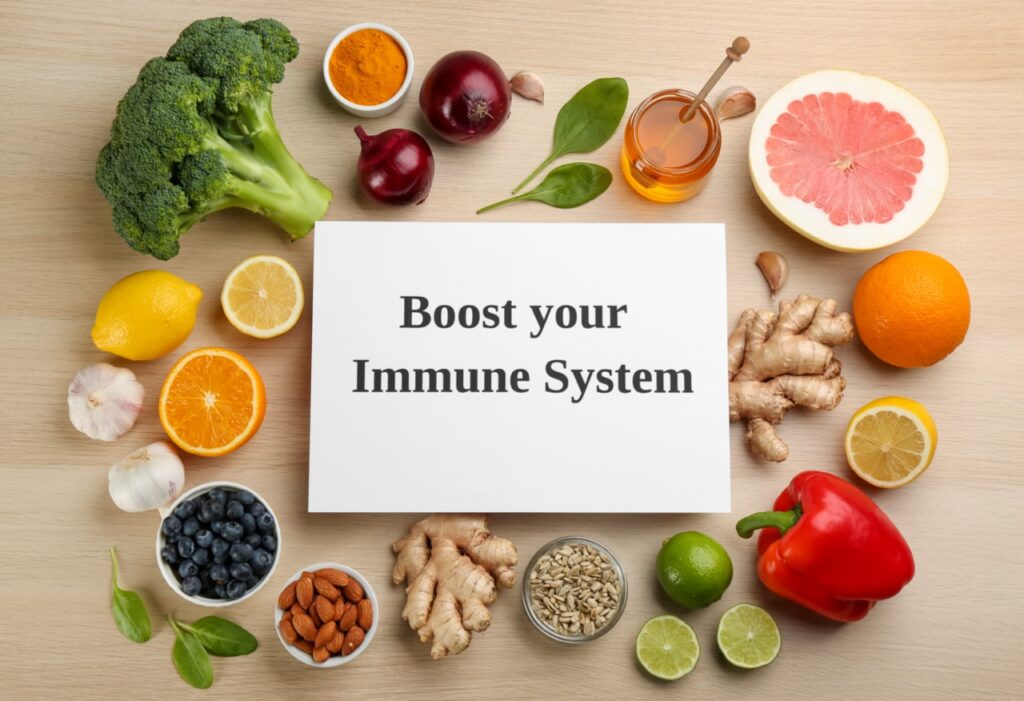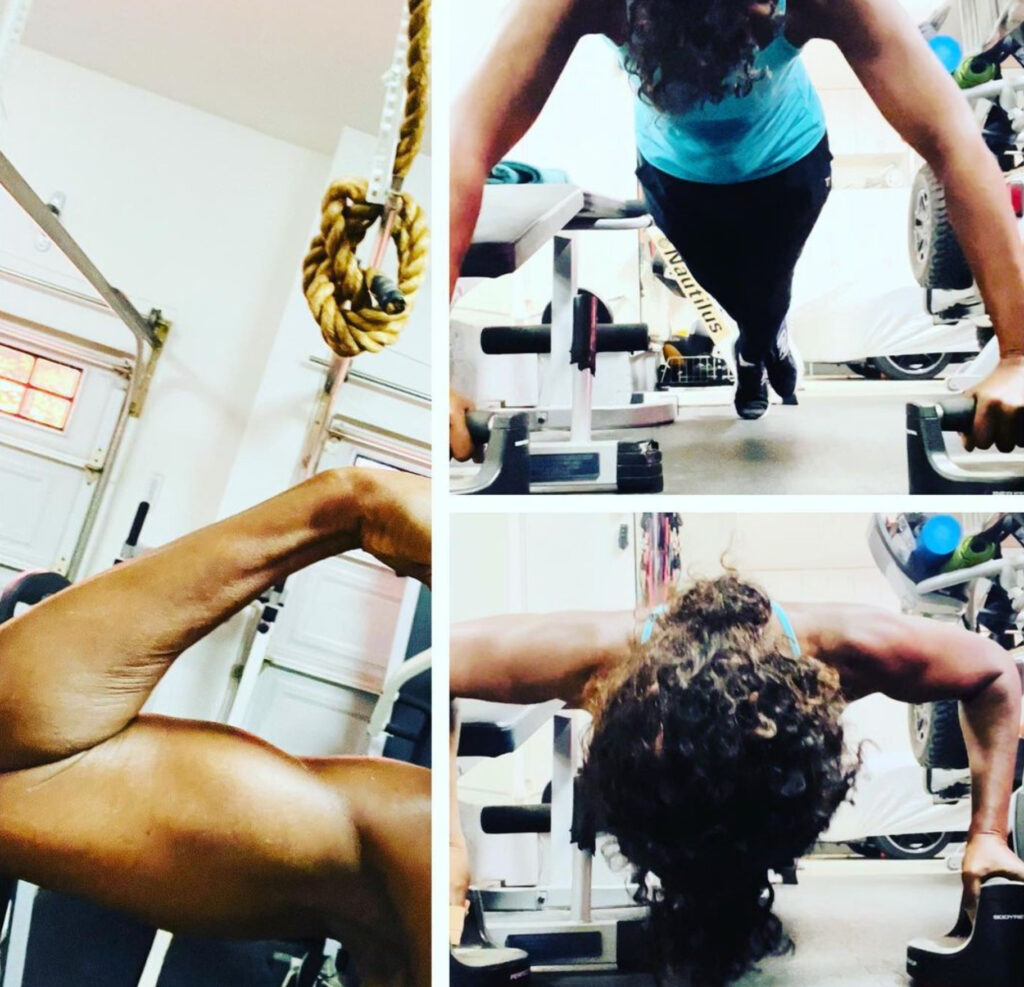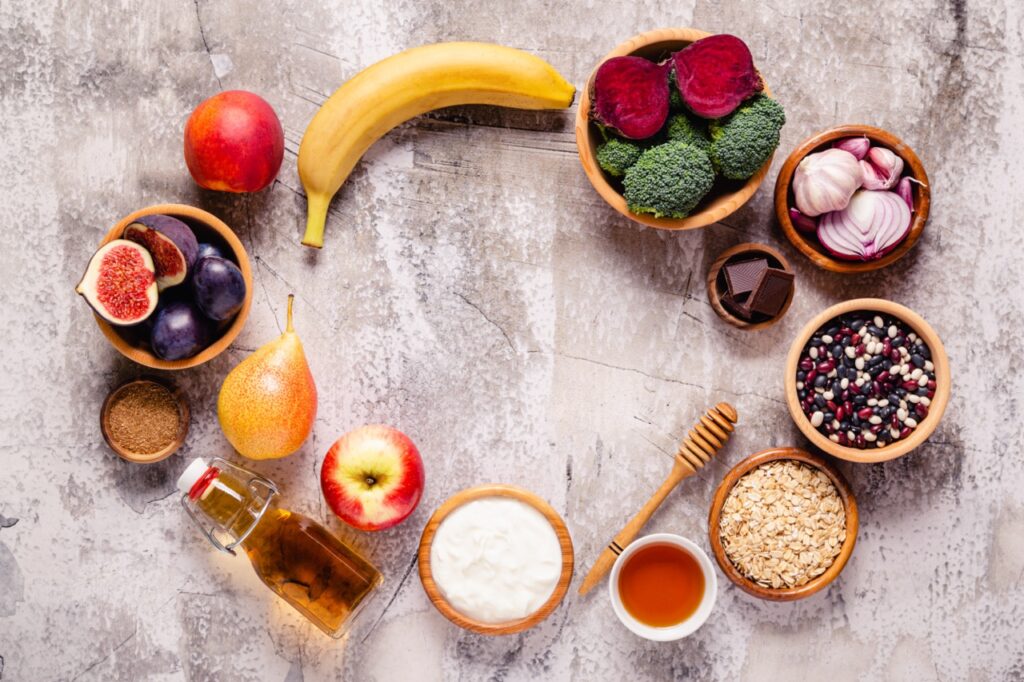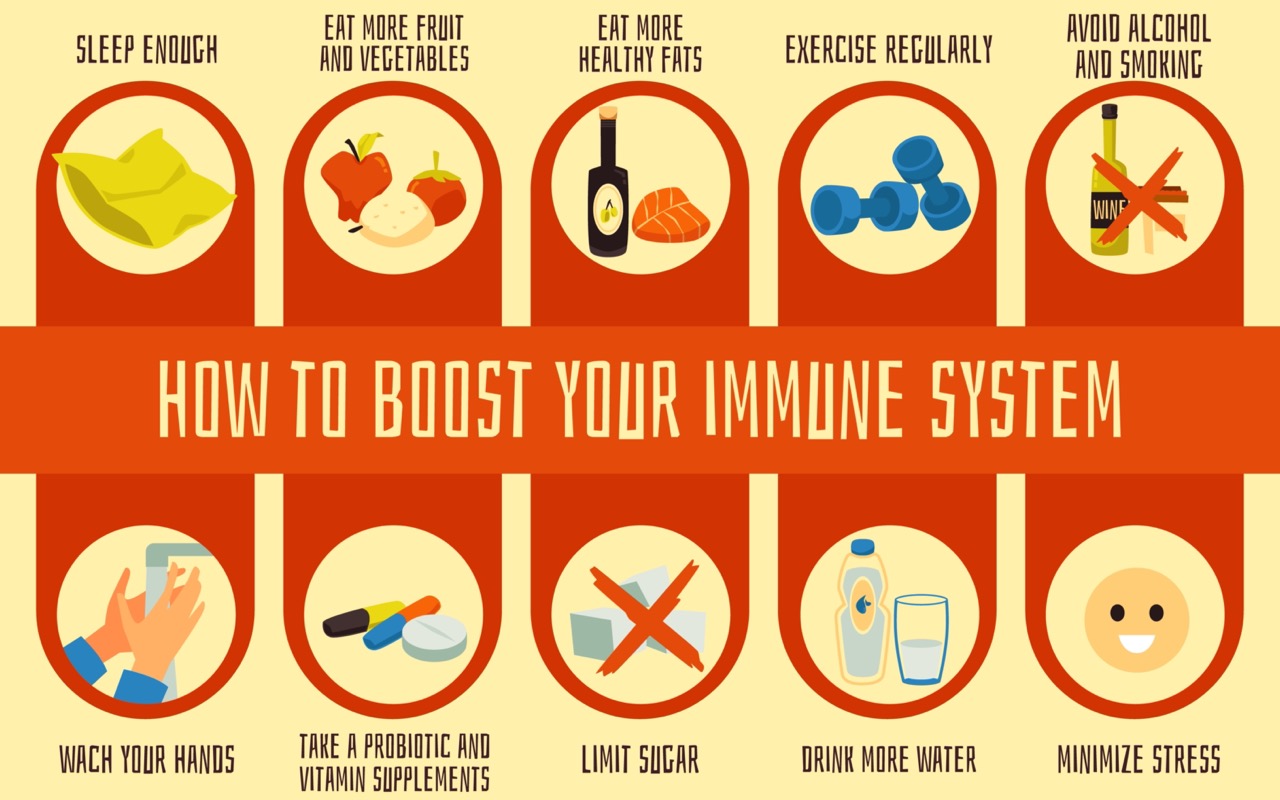There are numerous foods and practical steps to take to naturally boost your immune system this fall and winter to improve your body’s defenses against viruses.
As fall and winter approach, our exposure to seasonal viruses like the flu, colds, respiratory infections, and COVID-19 tends to increase. There’s no silver bullet to grant us full immunity, but there are ways we can bolster our immune defenses. This blog will focus on them. One of the key strategies is through our diet.
Foods That Naturally Boost Your Immune System

Nutrition plays a vital role in supporting a healthy immune system. National Board-Certified Health and Wellness Coach Dr. Darlene Thomas suggests adding these foods to your diet to help give your immunity a boost:
Citrus Fruits
Oranges, grapefruits, lemons, and limes are packed with vitamin C. Our bodies don’t produce or store vitamin C, so it’s essential to consume it daily. Vitamin C is believed to increase white blood cell production, which is crucial for fighting infections.
Garlic
Garlic boosts the immune system thanks to its high concentration of sulfur-containing compounds.
Ginger
Ginger has both anti-inflammatory and antioxidant properties. Plus, it can help reduce sore throats and inflammatory illnesses.
Spinach
Rich in vitamin C and packed with antioxidants, spinach enhances our immune system’s ability to fight infections. It’s most nutritious when cooked as little as possible to retain its vitamins.
Yogurt
Go for plain yogurts rather than the flavored kinds, which can have added sugars. Yogurts with live and active cultures can stimulate your immune system to help fight viruses.
Almonds
Vitamin E is vital to maintaining a healthy immune system, especially for older people. Almonds are packed with it and also have healthy fats.
Turmeric
Curcumin, the bright yellow compound found in turmeric, has powerful anti-inflammatory and antioxidant properties.
Broccoli
This vegetable is packed with vitamins C, E, and K, fiber, and other antioxidants.
Red Bell Peppers
They contain even more vitamin C than citrus fruits and beta-carotene, which the body can convert into vitamin A.
Blueberries
These are rich in antioxidants, particularly flavonoids, which can help with respiratory tract issues.
Green Tea
It contains key antioxidants that can bolster immune function.
Papaya
Papayas are loaded with vitamin C and have digestive enzymes and potassium, which can benefit overall health.
Kiwi
They’re packed with vitamins C and K, potassium, and folate.
Poultry
Chicken and turkey are good sources of protein and contain vitamin B-6, which is vital for many chemical reactions in the body and the formation of new red blood cells.
Mushrooms
Varieties like shiitake and maitake are known to boost the immune system, thanks to the beta-glucans they contain.
Dark Chocolate
It contains an antioxidant, which may help boost the immune system by protecting the body’s cells from free radicals.
Sweet Potatoes
High in beta-carotene, which your body turns into vitamin A, these potatoes help support a healthy immune response.
Eggs
Egg yolk contains vitamin D, a critical nutrient for immune health.
Remember to eat these foods as part of a balanced diet. Moderation is essential because while these foods support immune function, relying solely on one type can lead to imbalances or other health concerns.

Other Tips to Boost Immunity
Boosting your immune system encompasses more than just diet. Here are additional tips to enhance immunity:
Stay Hydrated

Drink plenty of water. While hydration doesn’t necessarily protect from germs and viruses, it helps keep your body functioning optimally and can help detoxify.
Exercise Regular

Physical activity can help flush bacteria out of the lungs and airways, reducing your chances of getting a cold, flu, or other illnesses.
Get Adequate Sleep
Ensure you get 7-9 hours of sleep each night. Sleep restores and heals the body, making it essential for a strong immune function.

Reduce Stress

Chronic stress can wear down the immune system. Incorporate stress-reducing practices like mindfulness meditation, yoga, and deep breathing exercises into your routine.
Practice Good Hygiene
Wash your hands frequently with soap for at least 20 seconds, avoid touching your face, and maintain a safe distance from anyone who is sick.
Limit Sugar Intake
High sugar consumption can impair white blood cell function and thus dampen the immune response. Reducing sugar can help improve your immune function.
Reduce Chronic Inflammation
Chronic inflammatory within the body can overwork the immune system, making it less efficient in responding to threats like viruses or bacteria. Combatting chronic inflammation with an anti-inflammatory diet helps your immune system work more efficiently and effectively. Anti-inflammatory foods like berries, nuts, fatty fish, and leafy greens, also contain other vital nutrients and compounds that directly support and boost the immune system.
Maintain a Healthy Weight

Being either underweight or overweight can have adverse effects on the immune system. Strive for a balanced diet and regular exercise to achieve and maintain a healthy weight.
Try Herbal Teas

Herbal teas like echinacea, elderberry, and licorice can offer immune-boosting properties. Consult a health and wellness coach or medical professional before adding herbal teas to your diet.
Practice Good Gut Health


Around 70% of the immune system is in the gut. Consuming probiotics, fermented foods, and fiber can promote a healthy gut microbiome. Learn more about gut health here. You can also download our free Gut Matters e-book.
Limit Alcohol Consumption
Excessive alcohol can suppress the immune system. If you drink, do so in moderation.
Avoid Smoking

Smoking can suppress the immune system, making it harder to fend off infections. If you smoke, consider strategies to quit.
Manage Chronic Conditions
Ensure conditions like diabetes, hypertension, and other chronic diseases are well-managed because they can influence immune function.
Connect Socially

While physical health is essential, social connections can also benefit immunity. Regular interactions, even if virtual, can reduce stress and bolster immune health.
While foods and a healthy lifestyle can play a significant role in boosting our immunity, it’s important to remember that overall wellness is the goal. A comprehensive, balanced approach that considers mental, emotional, and physical health will yield the best results for a strong immune system. Always consult a board-certified health and wellness coach or healthcare provider before changing your health regimen.
For more information about how to boost your immune system or to discuss a custom eating plan, contact Dr. Darlene.








